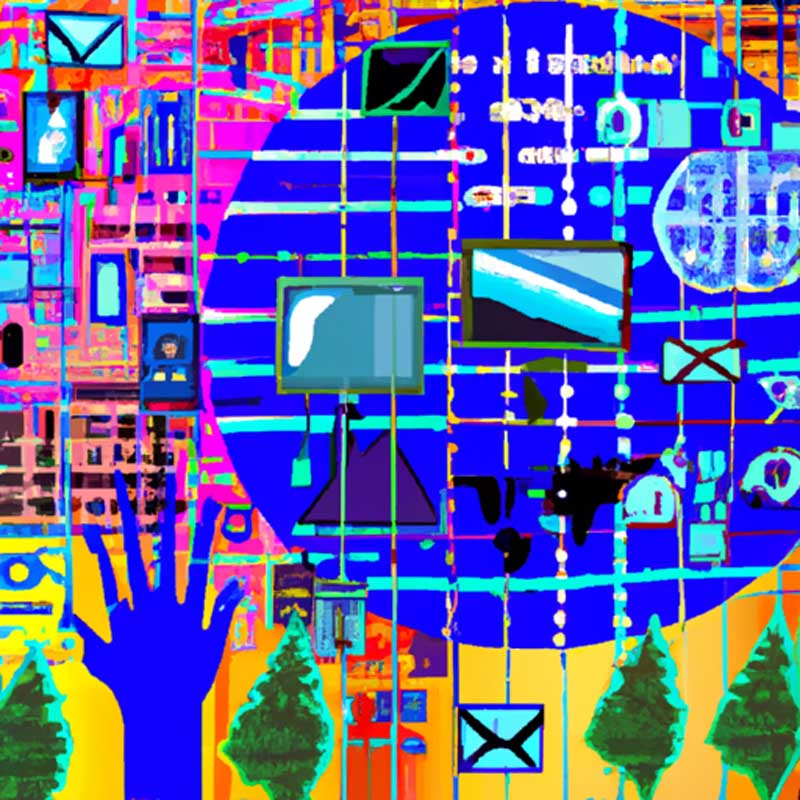Salesforce has been marketing its generative artificial intelligence (AI) as trustworthy and safe, yet customers remain skeptical. The company’s AI enhancements, introduced during its World Tour conference, include vector database support and AI search for its Einstein Copilot product, are designed to integrate generative AI into workflows and solidify trust with users. However, critics have pointed out that Salesforce’s “trust layer” may simply be a marketing tactic and that the company is still lagging in terms of AI development.
- Generative AI skepticism: While Salesforce has been promoting its generative AI as a trustworthy and safe solution, customers are not quite convinced. Analysts believe this is due to a “trust gap” and the company’s lack of innovation in the AI space.
- Upcoming AI enhancements: Salesforce has introduced several AI enhancements, including vector database support for storing unstructured data and AI search for its Einstein Copilot product. However, these improvements are expected to take time to generate significant sales results.
- Marketing vs Reality: Despite the company’s “trust layer” publicity, some industry insiders believe Salesforce is behind when it comes to AI. One issue critics have highlighted is Salesforce’s lack of self-developed innovation, as the company typically acquires other businesses to boost its technological capabilities.
- Future revenue impact: Owing to customer caution around generative AI spending, significant revenue gains from generative AI are not expected until at least 2025 for most software companies, with the possible exception of Microsoft.
The company’s lack of innovation has also been attributed to its practice of buying technology from other businesses rather than developing it internally. Salesforce had disbanded its M&A committee last year after acquiring Slack for $27.7 billion due to pressure from activist investors to improve profit margins. However, it continues to invest in other companies via its venture arm, including a $500 million Generative AI fund.
Despite the current skepticism, analyst John Somorjai of Salesforce Ventures suggests that a reduction in the “trust gap” could lead to the promised generative AI benefits. He further added that the responsible development of AI would remove fear and make people feel comfortable with the technology.
